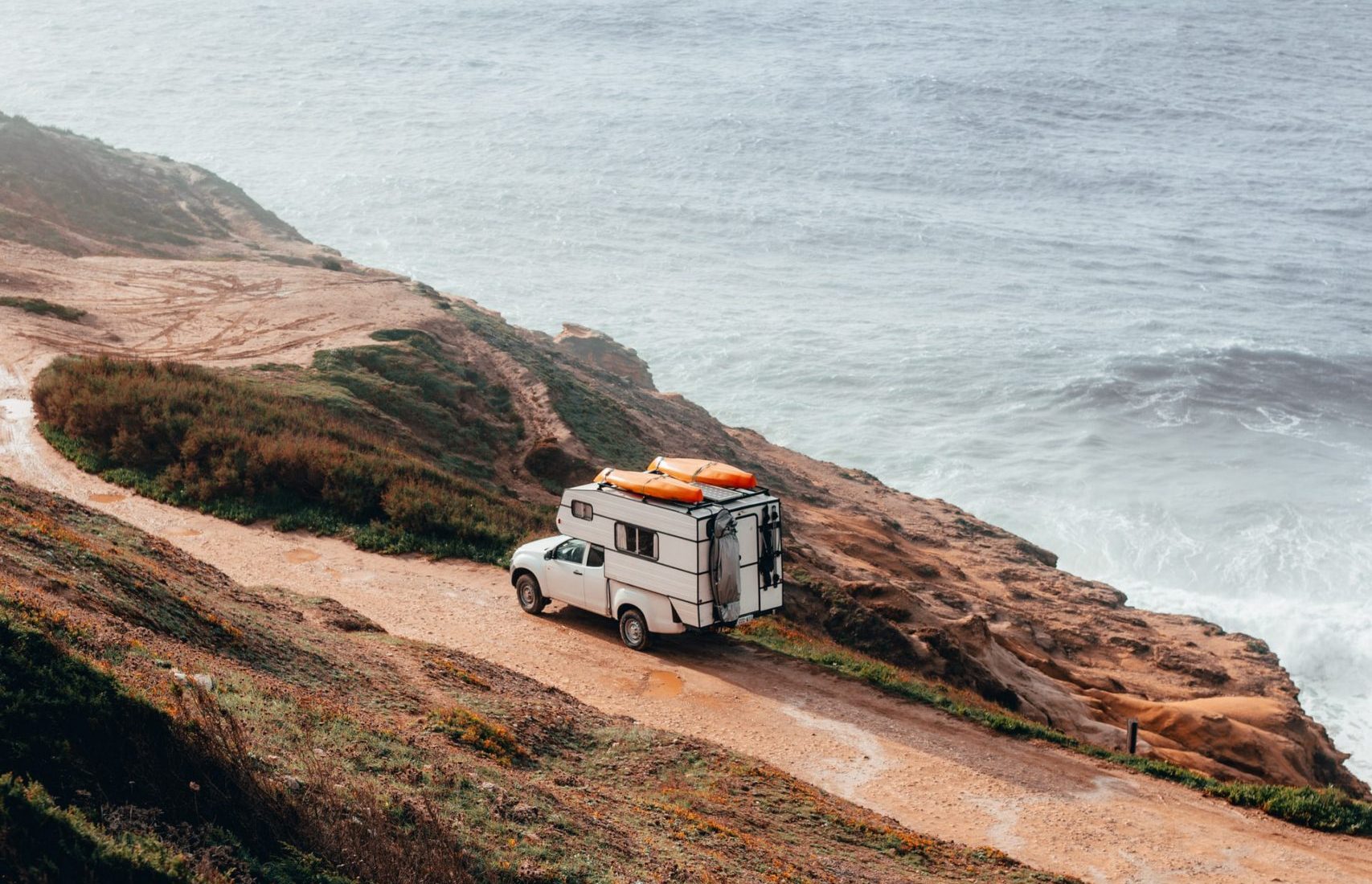You can expect an average truck camper weight to be about 2,684 pounds (1,217 kg). This varies depending on the type of truck camper and whether it’s a hard side or pop up style. Models that come with slide-outs typically add about 1,000 lbs (453 kg) to a typical non-slide out model.
When looking at the specs for different truck campers, the weight will also be listed as dry or wet weight. Dry weight refers to only the frame of the vehicle without fuel or belongings. When the gas tank is full, and it’s full of belongings, that is what’s known as wet weight.
It’s important to properly match your truck with your truck camper. This comes down to payload capacity and truck bed length. The average F-150 truck can handle a payload capacity of up to 2,309 lbs depending on your model.
Keep in mind if you plan on hauling some kayaks, bikes, or other outdoor gear that this adds to your total weight. Of course, you’ll need a bit more torque and towing power if you also plan on towing a trailer in addition.
Make sure to check your vehicle’s payload capacity. This can be found in your owner’s manual or the manufacturer’s website as your gross vehicle weight rating (GVWR).
7 Example Truck Camper Weights
The following chart features example truck camper weights of specific models ranging from the lightest to heaviest used for camping. Additional details can be found on the manufacturer’s websites. Here’s the truck camper weight chart:
| Truck Camper Model | Estimated Dry Weight |
| Travel Lite Rayzr Fb | 1,070 lbs (485 kg) |
| Northstar 850SC | 1,785 lbs (810 kg) |
| Lance 865 Short-Bed | 2,012 lbs (913 kg) |
| Northstar 9.5 Igloo | 2,900 lbs (1,315 kg) |
| Lance 995 Long-Bed | 3,354 lbs (1,521 kg) |
| Palomino HS-2910 | 3,493 lbs (1,584 kg) |
| Lance 1172 Long Bed | 4174 lbs (1,893 kg) |
Sources: Lance Campers, Palomino RV, Travel Lite RV, Northstar Campers
Additional Weight and Hauling Options
The additional weight you will encounter with a truck camper will come from a few areas. Those areas being storage, add-ons, seating/sleeping, and gasoline (wet weight). This also creates an additional weight to consider when hauling and traveling with your truck camper. Make sure to refer to your vehicle’s owner’s manual and read the section on towing and payload capacity. It’s always safer to leave some extra wiggle room to not damage your engine.
To Conclude
Truck campers provide a fantastic camping experience out in nature, whether that’s on a trail or mountain. Each make, model, and size comes along with its own weight based on use and if any mods are installed. The key factors to consider the weight of a truck camper come down to:
- Length/size
- Sliders
- Hard side or pop up
- What’s stored inside
- Fuel/gas propane
It’s important to know the correct weight when looking to haul and transport your truck camper. If you’re unsure and want specific weights, you can always check the manufacture’s website or go to a local cat scale to get a more accurate weight.

